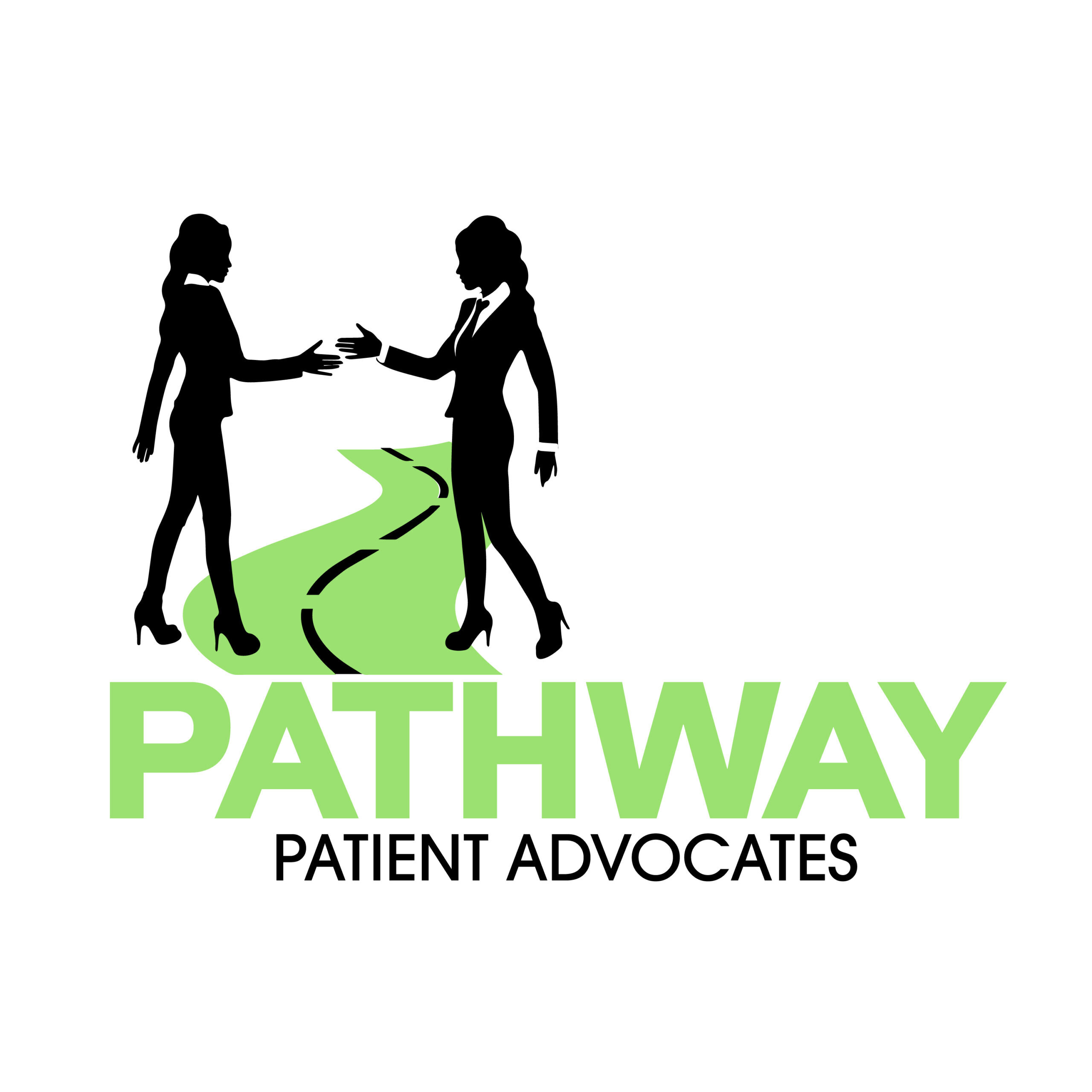No one is ever taught how to care for a sick loved one.
It doesn’t matter if your a doctor, a nurse, a mother, a grandparent, a child, a brother, a sister, or a friend; NO schooling or experience ever teach or prepares you for how to care for a sick loved one. Whether it’s the first time you are dealing with an experience like this or the 20th time… it’s a terrible, overwhelming, dreaded, all-consuming experience. You shouldn’t have to do it alone.
Knowledge
You may have a wealth of medical knowledge or experience researching. You may be a healthcare professional, and experienced with caring for the exact illness your loved one is dealing with. Or perhaps you are proficient at organizing and coordinating care. These are all EXCELLENT skills that can be extremely useful in assisting your loved one. However, when the patient is someone you have a close emotional relationship with, emotions take precedence. When a loved one is sick, emotion and grief take the wheel, and even if you are skilled in the knowledge of what steps need to be taken, the energy and straight thinking are often overwhelming and too much to handle. This is one of the reasons that healthcare professionals are recommended to not treat family members.
Emotion
When a loved one is ill, an overflow of emotions surfaces for not just the patient, but also the family member or friend. Some emotions experienced include helplessness, confusion, defeat, guilt for not being able to help enough, exhaustion, sadness, depression, and anger. What is often best for the loved one is that family and friends are there to emotionally support them throughout their journey, spend time with them, and show support for their desires. Patients do not want to see people they care about exhausted and overwhelmed, especially on their behalf. It is too big of a role for a family member or friend to fill both the emotional and healthcare navigation needs of the patient.
Time
In healthcare, time is almost always of the essence. The quicker care is coordinated, and symptoms are addressed, diagnoses are made, the sooner and better the management plan can be created. Despite your desire to give 100% of your time to your sick loved one, you also have to care for your own wellbeing and your work/life duties. It seems like there is not enough time to fit it all in, leaving many people wondering what could have changed if they had more time or done things differently; often leading to feelings of guilt.
Choosing what to pack during this journey
Overcoming an illness and achieving the best possible quality of life is the goal. Achieving this goal requires a team of people. What have you decided to bring with you on this journey? This team will include trusted healthcare providers, however, healthcare providers have a specific job to focus on their specific tasks they specialized in. The healthcare system is not created in a way where healthcare professionals can be available to address all your needs 24/7, even if they wanted to. Doctors and other professionals have multiple patients and roles to address. What’s more is that currently, healthcare worker burnout rate is at an all-time high.
Adding a Private Patient Advocate to your team provides you support and direction during your loved ones’ healthcare journey. You can decide whether you want your patient advocate to assist with just a small hurdle care, or if you prefer for her to go through the entire journey with you and your loved one. A private patient advocate works independently, is not associated with any hospital or healthcare system, and is not associated with any insurance company. A private patient advocate provides unbiased support, with YOU or YOUR loved one as the key focus. Additionally, a private patient advocate is experienced with situations just like yours and are readily equipt to address issues such as obtaining second opinions, assisting in reducing medical errors, researching alternative treatments, addressing insurance issues and billing, and much more; all in a timely manner, giving you and your loved one back more time. More time to focus on spending time together and focusing on the best possible quality of life. At pathway Patient Advocates, Elena and Kristie are available to help you through whatever health journey you or your loved one may be struggling with. We look forward to helping you navigate the path to better health.
(947) 517-8395
Pathway Patient Advocates advocate@pathwaypa.com

